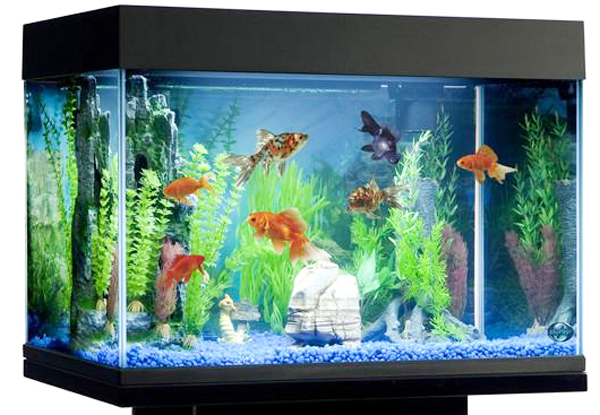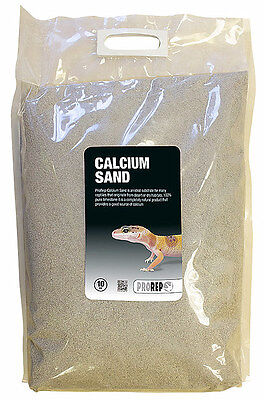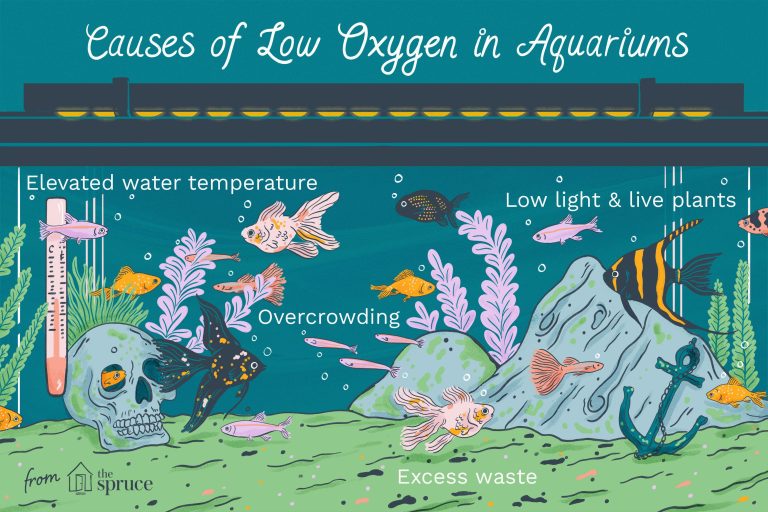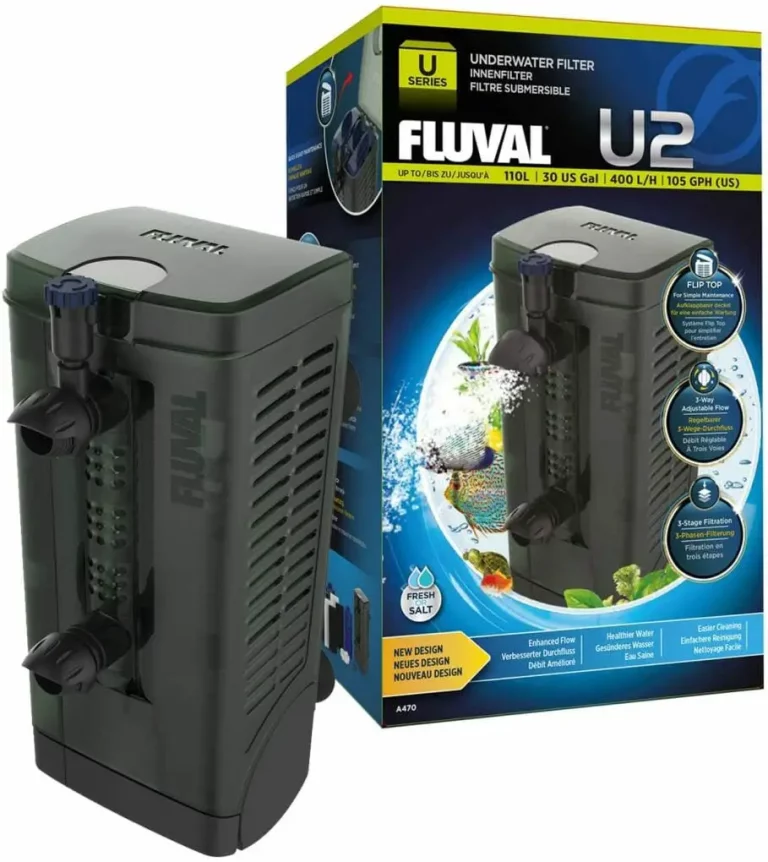Why Does My Fish Tank Keep Losing Water
Why Does My Fish Tank Keep Losing Water?
It can be quite frustrating to constantly find your fish tank losing water. Not only does it create a mess, but it can also be detrimental to the health and well-being of your aquatic pets. If you’re wondering why this is happening, you’ve come to the right place. In this article, we will explore the possible reasons behind the water loss in your fish tank and provide solutions to help you rectify the issue.
So, why does your fish tank keep losing water? Let’s find out.
1. Evaporation
One of the most common reasons for water loss in fish tanks is evaporation. As the water in your tank is exposed to the air, it slowly evaporates, causing a noticeable decrease in the water level over time. This is a completely natural process and is to be expected in any open aquarium.
To tackle evaporation, it’s important to regularly monitor the water level in your tank and top it up as needed. Use distilled or dechlorinated water to maintain the optimal salinity and chemical balance for your fish.

2. Poorly Sealed Tank
If you notice a sudden and significant drop in the water level, it could be due to a poorly sealed tank. Check for any cracks or leaks in the glass or silicone seals of your aquarium. Even the tiniest gap can lead to water leakage, causing your tank to lose water rapidly.
To fix this issue, carefully inspect the tank for any visible damage and repair it accordingly. If the damage is beyond repair, it may be necessary to invest in a new aquarium. Always ensure that the tank is properly sealed before filling it with water and introducing fish.
3. Overflow or Splash-Out
When water splashes out of your tank, it not only leads to water loss but also creates a mess around the aquarium. This can happen due to several reasons, such as vigorous fish swimming, strong water movement from filters or air stones, or improper positioning of equipment.
To prevent overflow or splash-out, consider adding a surface skimmer or installing a glass canopy to reduce water movement. You can also adjust the flow rate of your filter or reposition equipment to minimize the chances of water splashing out.
4. Leaking Equipment
Another reason your fish tank might be losing water is due to leaking equipment. Check all the connections, including hoses, filters, and air pumps, for any signs of leaking or dripping water. Even small leaks can lead to significant water loss over time.
To fix leaks, tighten any loose connections or replace faulty equipment. Using waterproof sealants or plumber’s tape can also be helpful in preventing further leaks.
5. Plant Transpiration
If you have live plants in your fish tank, they contribute to water loss through transpiration. Transpiration is the process where plants release moisture into the air through their leaves. While this is a natural part of plant growth, it can result in increased water evaporation in your aquarium.
To manage plant transpiration, ensure that your tank has proper ventilation and airflow. You can also limit the number of plants or choose varieties that require less water.
6. Gravel or Substrate Absorption
In some cases, the substrate or gravel at the bottom of your tank might absorb water, causing your fish tank to lose water. This is more common when using certain types of substrates, such as clay or porous rocks.
To avoid excessive water absorption, choose non-absorbent substrates or place a barrier, such as a plastic sheet, between the substrate and the tank bottom. Regularly check the substrate for moisture retention and replace it if necessary.
7. Temperature Fluctuations
Temperature fluctuations can also contribute to water loss in your fish tank. When the temperature rises, water molecules become more energetic and evaporate at a faster rate. This can lead to increased water loss, especially if your aquarium is exposed to direct sunlight or near a heat source.
To minimize temperature fluctuations, keep your fish tank away from direct sunlight and heat sources. Use a reliable aquarium heater and thermometer to maintain stable water temperatures. Additionally, consider using a tank cover or canopy to further reduce evaporation caused by temperature changes.
Frequently Asked Questions
Q: How often should I check the water level in my fish tank?
It’s a good practice to check the water level in your fish tank at least once a week. Regular monitoring will help you identify any issues, such as excessive evaporation or leaks, and take appropriate actions in a timely manner.
Q: Can a fish tank lose water due to fish behavior?
While fish can cause water splashing or movement, leading to minor water loss through splash-out, it’s unlikely for fish behavior alone to significantly impact the overall water level in your tank. Most water loss issues are usually linked to evaporation, equipment leaks, or poorly sealed tanks.
Q: Is it normal for water levels to fluctuate in a fish tank?
Minor water level fluctuations can be normal due to evaporation. However, significant and rapid changes in the water level should be investigated as they may indicate underlying issues, such as leaks or equipment malfunctions.
Final Thoughts
Maintaining the water level in your fish tank is crucial for the health and well-being of your aquatic pets. By understanding the reasons behind water loss and implementing appropriate solutions, you can ensure a stable and suitable environment for your fish to thrive. Regular monitoring, proper sealing, and addressing leaks or splashing issues will go a long way in minimizing water loss and creating a healthy aquatic habitat for your fish.






